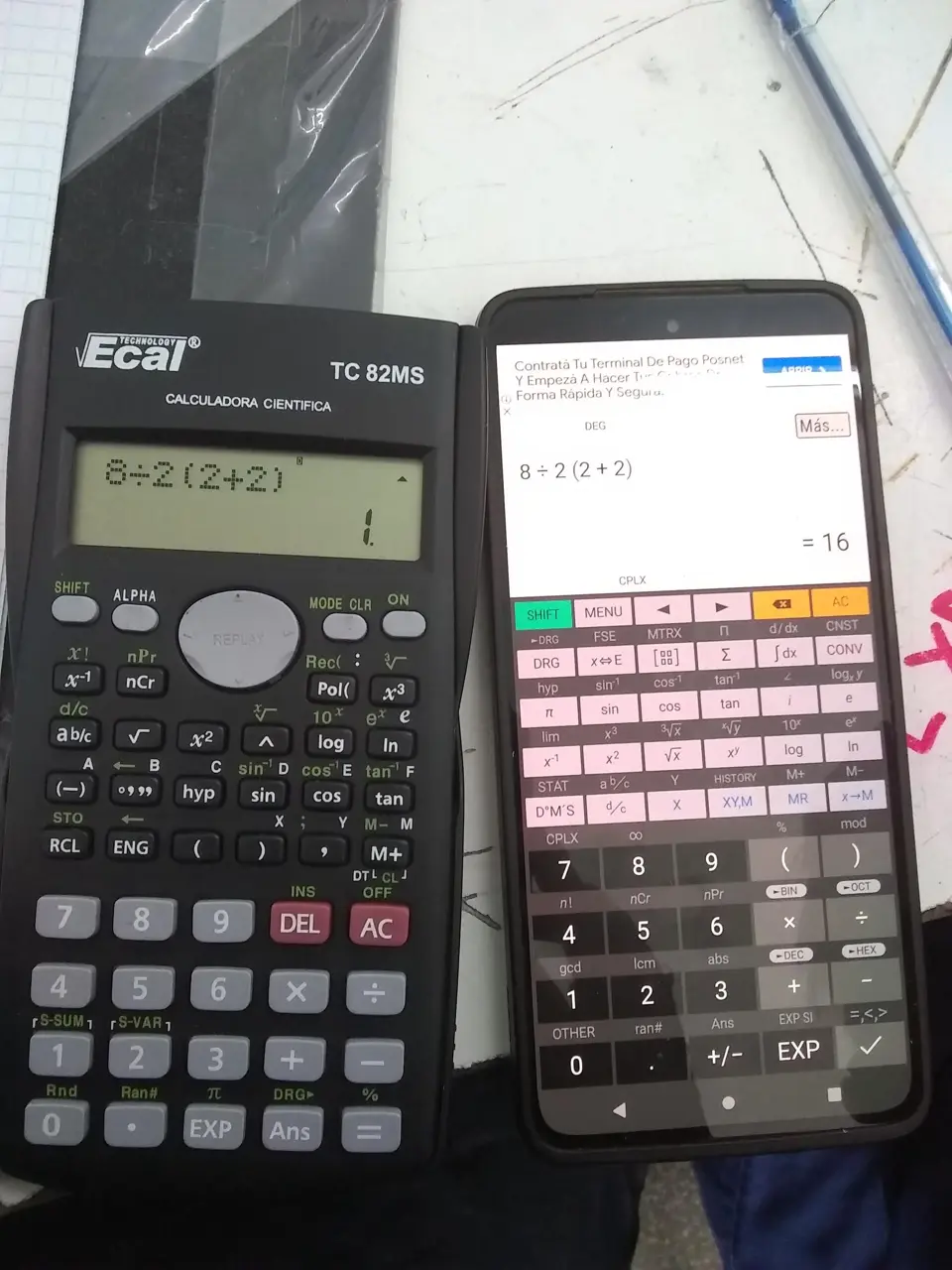this post was submitted on 03 Dec 2023
419 points (100.0% liked)
196
17473 readers
586 users here now
Be sure to follow the rule before you head out.
Rule: You must post before you leave.
Other rules
Behavior rules:
- No bigotry (transphobia, racism, etc…)
- No genocide denial
- No support for authoritarian behaviour (incl. Tankies)
- No namecalling
- Accounts from lemmygrad.ml, threads.net, or hexbear.net are held to higher standards
- Other things seen as cleary bad
Posting rules:
- No AI generated content (DALL-E etc…)
- No advertisements
- No gore / violence
- Mutual aid posts are not allowed
NSFW: NSFW content is permitted but it must be tagged and have content warnings. Anything that doesn't adhere to this will be removed. Content warnings should be added like: [penis], [explicit description of sex]. Non-sexualized breasts of any gender are not considered inappropriate and therefore do not need to be blurred/tagged.
If you have any questions, feel free to contact us on our matrix channel or email.
Other 196's:
founded 2 years ago
MODERATORS
you are viewing a single comment's thread
view the rest of the comments
view the rest of the comments

2+(4x3) gives the right answer, with addition coming before multiplication
If we rewrote all of Maths so that addition came before multiplication, then no, 2+3x4 would no longer mean what it does now (because + and x would have to mean something different to what they do now in order for the order to be swapped). The order of operations rules come directly from the definitions. You can't just say "we'll do addition first" without having defined what addition is now, nor multiplication. In a world where addition comes before multiplication, that means multiplication is no longer shorthand for addition (because that's the very thing which means we have to do multiplication before addition, so it can't be true anymore if now we're doing addition first).
Let's take an imaginary scenario where we now use x for add, and + for multiply. That would indeed mean that + has to be done before x, but note that + now means multiply. That means your "addition first" 2+(3x4) is what we currently mean by 2x(3+4) which is 14. Now take away the brackets (since I don't use brackets when adding up the milk! Just 2+3x4). Your addition-first 2+3x4 is equivalent in our multiplication-first world to 2x3+4 which equals 10 - the wrong answer! So now you've created a world where we have to add brackets to things just to get the right answer! Why would you even want to do that when it works the way it is? The whole point to having order of operations rules is to not have to add brackets!